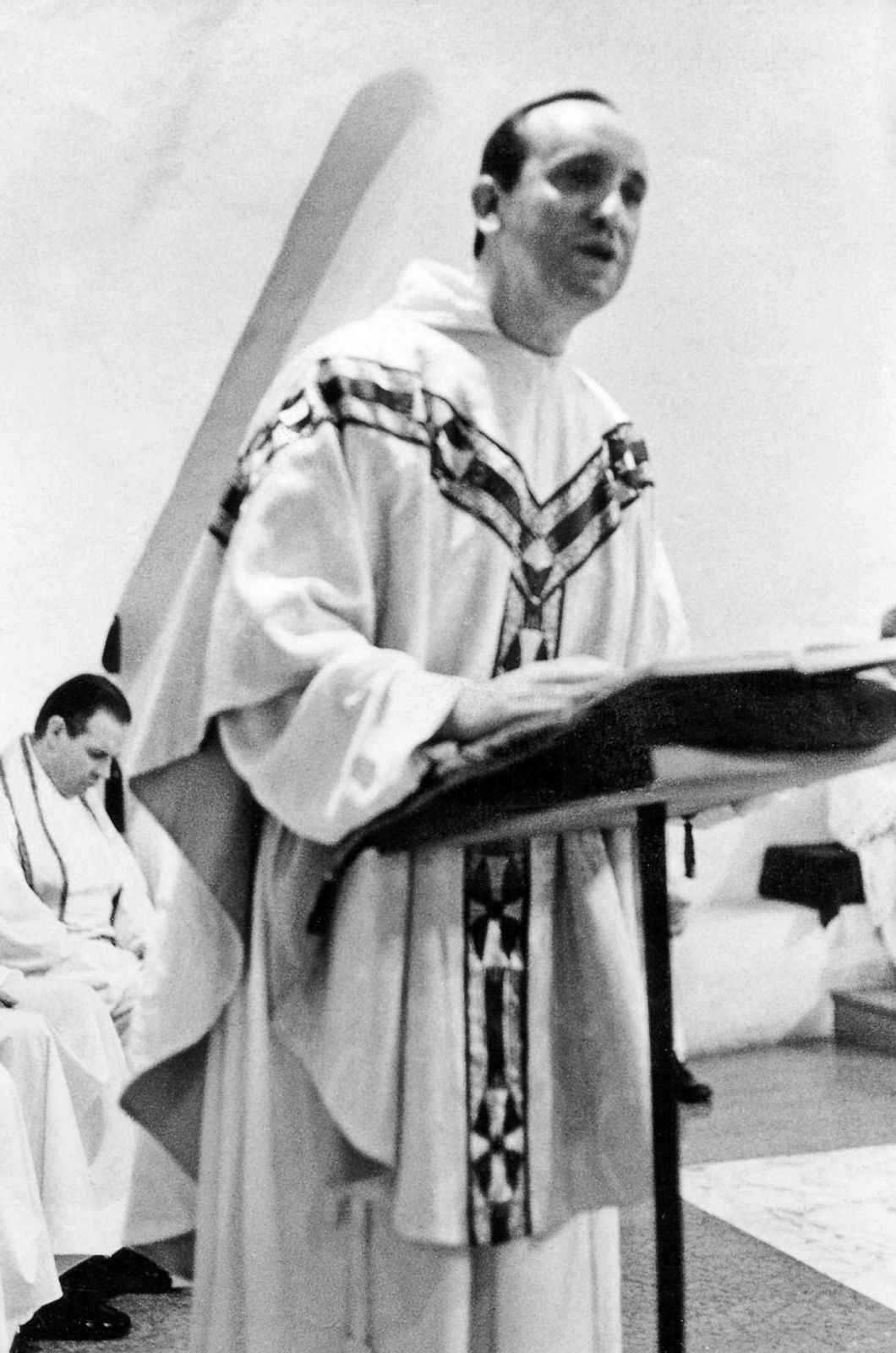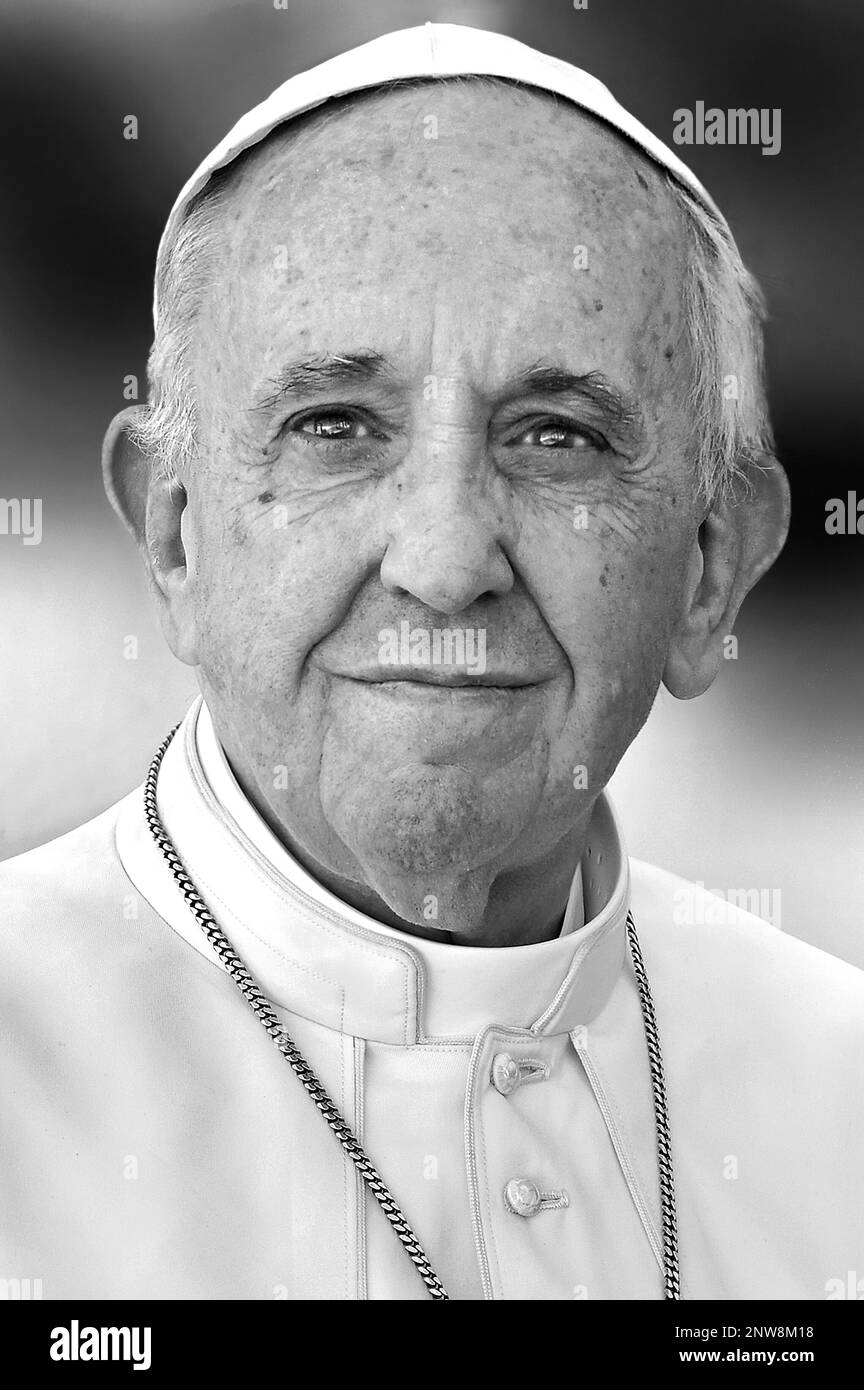How much do we truly know about the man who became the first pope from the Americas? Pope Francis, born Jorge Mario Bergoglio, reshaped the Catholic Church with his progressive leadership and humble demeanor. His journey from Buenos Aires to Vatican City is one of remarkable transformation, marked by a deep commitment to social justice, interfaith dialogue, and reform within the Church. This article delves into the life, legacy, and impact of Pope Francis, offering insights into what made him such an influential figure in modern history.
Pope Francis was elected as the 266th Bishop of Rome on March 13, 2013, succeeding Benedict XVI, who had resigned two weeks earlier. His election marked a historic moment for the Catholic Church, not only because he was the first pope from Latin America but also because he was the first Jesuit to hold the position. Before ascending to the papacy, Francis served as the Archbishop of Buenos Aires, where he earned a reputation for his simplicity and dedication to serving the poor. Known for traveling extensively by public transportation during his tenure in Argentina, he embodied a pastoral approach that resonated deeply with Catholics worldwide.
| Bio Data & Personal Information | Details |
|---|---|
| Full Name | Jorge Mario Bergoglio |
| Date of Birth | December 17, 1936 |
| Place of Birth | Buenos Aires, Argentina |
| Nationality | Argentine |
| Religious Order | Jesuits |
| Ordained Priest | December 13, 1969 |
| Appointed Archbishop of Buenos Aires | February 28, 1998 |
| Elected Pope | March 13, 2013 |
| Death | April 21, 2025 (aged 88) |
| Reference Website | Vatican Official Website |
As Pope Francis entered his later years, his health began to decline, culminating in his death on April 21, 2025, at the age of 88. Despite this, his influence endured through initiatives like the establishment of the World Day of Grandparents and the Elderly in 2021, which underscored his emphasis on intergenerational dialogue and respect for older generations. Even as he approached the end of his life, he continued to prioritize themes central to his pontificate—compassion, humility, and inclusivity.
Pope Francis's contributions extended beyond theology; they touched upon global issues ranging from climate change to poverty alleviation. In 2015, he released Laudato Si', an encyclical addressing environmental degradation and urging humanity to adopt sustainable practices. The document gained widespread acclaim, positioning him as a leader in ecological advocacy. Additionally, his efforts toward fostering unity among diverse religious communities highlighted his role as a bridge-builder between faiths.
Throughout his pontificate, Pope Francis challenged traditional hierarchies within the Catholic Church, advocating for greater transparency and accountability. He encouraged priests and bishops to engage more directly with their congregations, emphasizing the importance of listening to people's needs rather than adhering strictly to dogma. Such reforms often sparked controversy, yet they demonstrated his unwavering commitment to revitalizing the Church.
In his final years, Pope Francis remained active despite declining health. Just days before his passing, he delivered his annual Easter address, reinforcing messages of hope and reconciliation. His ability to connect with individuals across cultures and socioeconomic backgrounds solidified his status as one of the most beloved popes in recent history. Through both word and action, he exemplified the qualities of a true shepherd—a servant-leader dedicated to guiding others toward a better world.
Pope Francis's impact transcended religious boundaries, inspiring countless individuals to reflect on their responsibilities toward society and the planet. By championing causes such as economic equality, immigrant rights, and peacebuilding, he left an indelible mark on contemporary discourse. Though his earthly journey ended prematurely due to illness, his teachings continue to inspire millions around the globe.
At the time of his death, Pope Francis was 88 years old, having lived a life characterized by profound spirituality and relentless activism. From instituting new traditions within the Church to engaging meaningfully with global challenges, he fulfilled his mission with grace and determination. As tributes poured in from every corner of the earth, it became clear that his legacy would endure long after his passing.
The funeral rites held shortly after his death were attended by dignitaries from various nations and faiths, reflecting the universal admiration he inspired. During these ceremonies, reflections on his pontificate emphasized how he redefined the role of the papacy, making it more accessible and relevant to modern audiences. His willingness to confront difficult topics head-on set a precedent for future leaders within the Catholic Church.
Ultimately, Pope Francis's story serves as a testament to the power of compassion and resilience. Born in Buenos Aires as Jorge Mario Bergoglio, he rose through the ranks of the Church to become its most prominent representative, touching lives far beyond the confines of Catholicism. His vision of a Church open to all continues to guide those seeking solace, purpose, and understanding in an increasingly complex world.



